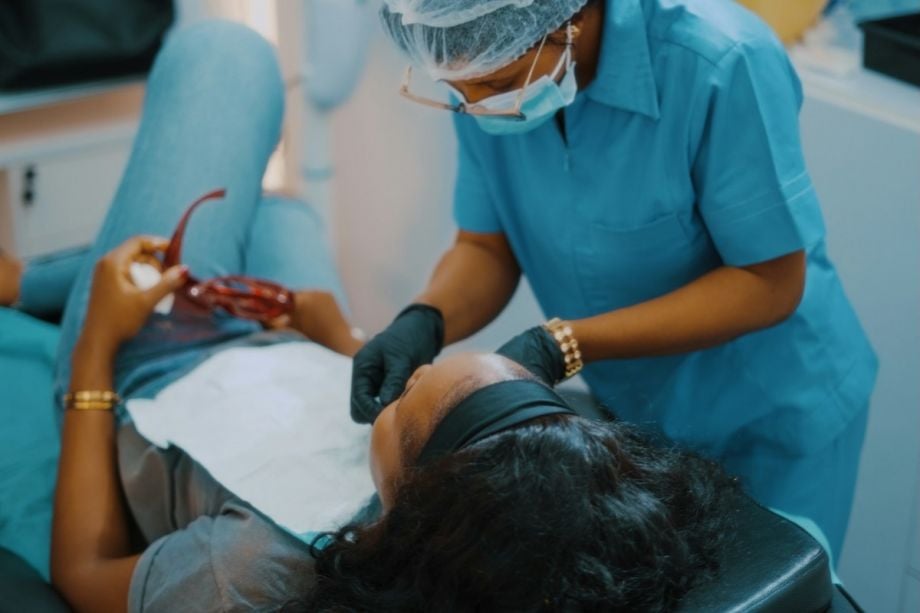
(Photo by Shedrack Salami / Unsplash)
When news broke last week of a woman running an unlicensed dental practice out of her Tulsa apartment, the internet wasted no time in dragging her. The comments? Ruthless.
But as I read through them, one thing became painfully clear: Some people have never felt the kind of dental pain that makes you question your very existence — and they’ve certainly never had to face it with no insurance, no money, and no real options.
I have.
Years ago, in the dead of winter, my sister and I stood in line overnight — bundled up, teeth chattering — for more than 13 hours. We were camped outside a free dental clinic in downtown Tulsa, just hoping to be seen. The line stretched for blocks. Folks came from every walk of life. Many were working-class. Many were parents. Many, like us, had fallen into that gray space where you earn too much to qualify for assistance, but not enough to afford care.
Dental care has become a luxury. In 2023, nearly two in 10 Americans skipped dental care because of cost, according to the Federal Reserve. Even those with jobs and insurance often struggle to cover the cost of a crown, a root canal, or even a simple cleaning. And when care becomes out of reach, people will seek alternatives. It doesn’t make it legal. But it does make it understandable.
We can talk about legality all day, and regulations are vital to ensure patient safety. But if we’re not talking about access, we’re missing the point.
This isn’t just a story about one woman and one apartment. This is about a system that has normalized pain, turned healthcare into a business model and made desperation the only choice for too many. The most vulnerable — Black families, low-income women, single parents, elders — are forced to navigate a broken safety net. What happens when that net no longer catches anyone?
In a country that prides itself on innovation and wealth, it’s astonishing how little we invest in basic, preventive care for everyday people. Health care, including dental care, is a human right. Yet millions are treated like their pain is optional, like their suffering is a result of poor choices rather than limited options.
The woman at the center of this case didn’t invent desperation. She responded to it. Her actions reflect a deeper reality that demands our attention. If our systems worked the way they should, her “services” wouldn’t be in demand.
We’re quick to criticize people in crisis, yet many of us are just one missed paycheck, one ER visit or one layoff away from being in the same situation. Let’s not pretend we’re so far removed.
Instead of finger-pointing, maybe it’s time to look inward. Maybe it’s time to ask better questions about how we treat healthcare in this country — and how we treat each other.
Our community deserves more than blame. It deserves solutions. It deserves policy changes, affordable coverage, culturally competent providers and systems that don’t leave people out in the cold just to relieve their pain.
This post was originally published on Next City.